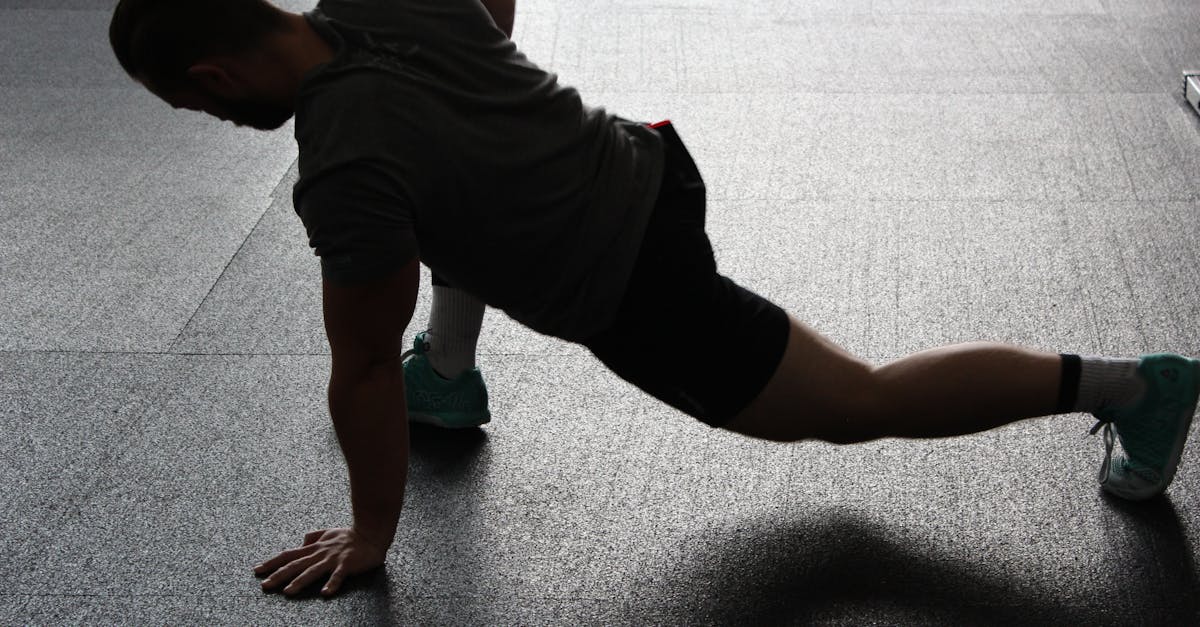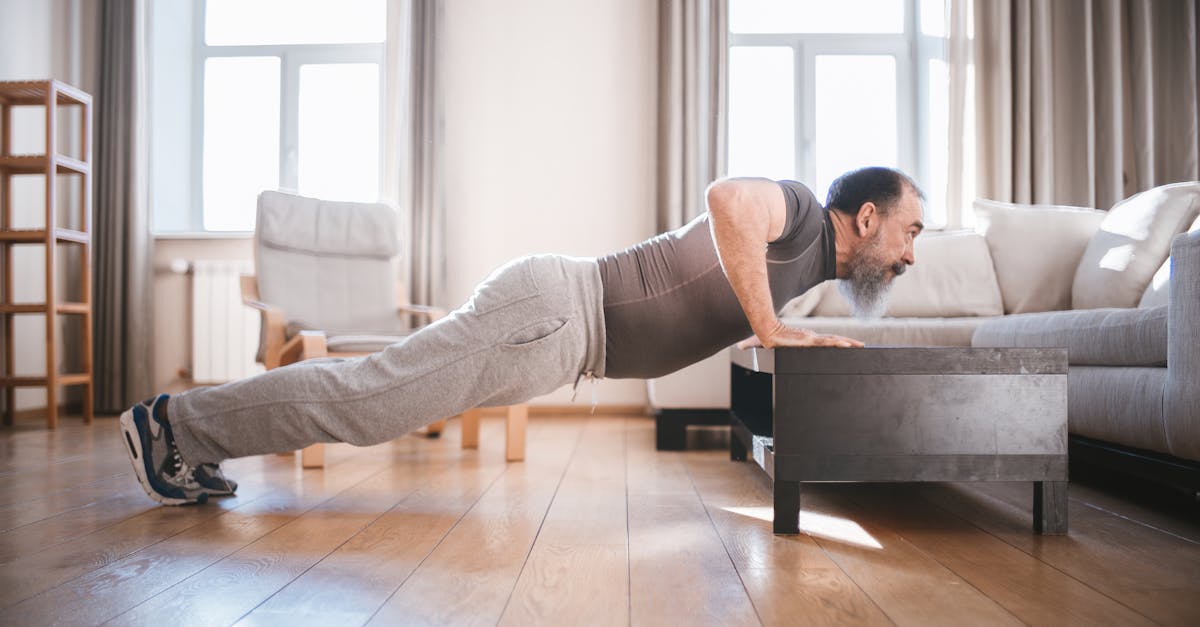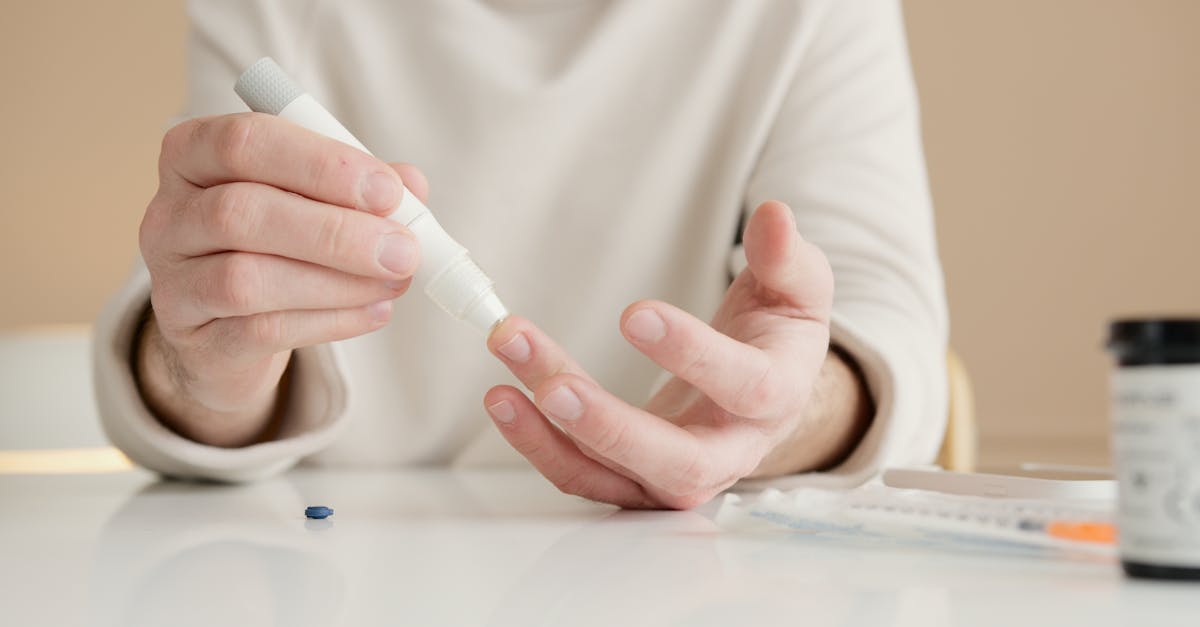
Introduction
The pursuit of a long and healthy life is a universal aspiration. Regular physical activity emerges as a vital component to extending one's lifespan while enhancing quality of life. By understanding the myriad benefits it offers, individuals can be motivated to embrace an active lifestyle.
Physical Activity and Heart Health
One of the most significant benefits of regular exercise is its positive impact on cardiovascular health. Engaging in physical activities such as walking, jogging, or swimming improves heart function and promotes efficient blood circulation. This reduces the risk of heart diseases, significantly contributing to longevity.
Weight Management and Longevity
Sustaining a healthy weight is crucial for preventing chronic diseases and extending life expectancy. Regular exercise helps burn calories, shed excess body fat, and maintain an optimal body mass index (BMI). By doing so, it plays a pivotal role in safeguarding individuals against obesity-related complications.
Strengthening Bones and Muscles
Physical activity, especially strength training, is essential for maintaining strong bones and muscles. It combats the natural decline in bone density and muscle mass that occurs with aging. This makes daily tasks easier and reduces the risk of falls and fractures, crucial for elderly longevity.
Mental Health Enhancement
Exercising regularly is highly beneficial for mental well-being. Physical activity stimulates the release of endorphins, hormones that boost mood and reduce anxiety. Moreover, regular exercise has been linked to improved cognitive function, delaying the onset of cognitive decline associated with aging.
Boosting Immune System Function
A robust immune system is integral to a long life, defending the body against diseases and infections. Regular physical activity enhances immune surveillance and modulation, reducing the incidence of common infections. Active individuals often experience quicker recovery times, further supporting longevity.
Regulation of Blood Sugar Levels
Exercise aids in maintaining stable blood sugar levels, which is pivotal in preventing and managing diabetes. Physical activity increases insulin sensitivity and helps the body metabolize glucose more efficiently. This decrease in diabetes risk factors contributes to increased longevity.
Improved Sleep Quality
Quality sleep is essential for numerous bodily functions and overall health. Regular physical activity helps individuals fall asleep faster and enjoy deeper, more restorative sleep. This improvement in sleep patterns enhances physical recovery and mental alertness, adding to life's overall quality and duration.
Social Connections and Longevity
Participating in group sports or activities fosters camaraderie and builds social connections. These social ties can be especially beneficial for mental health, providing emotional support and reducing feelings of isolation. A socially active lifestyle has been associated with longer lifespan and enhanced well-being.
Conclusion
In conclusion, regular physical activity plays a significant role in extending life expectancy and enhancing health. By integrating exercise into daily routines, individuals can not only live longer but thrive with vitality and vigor. It's never too late to start reaping the benefits of an active lifestyle.